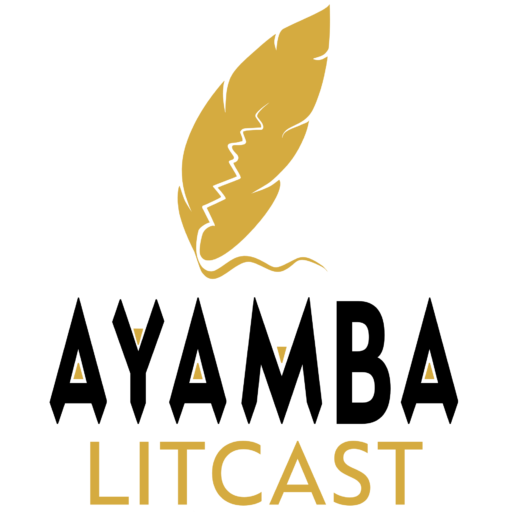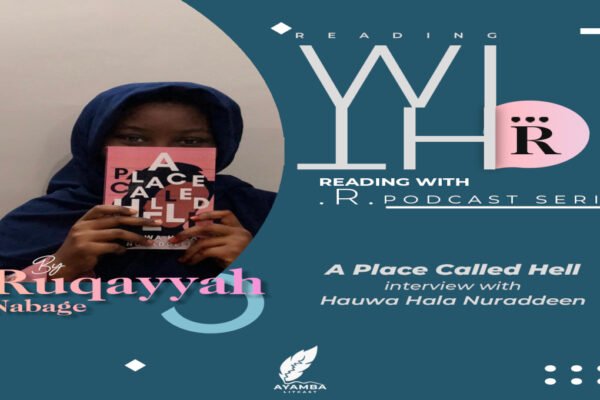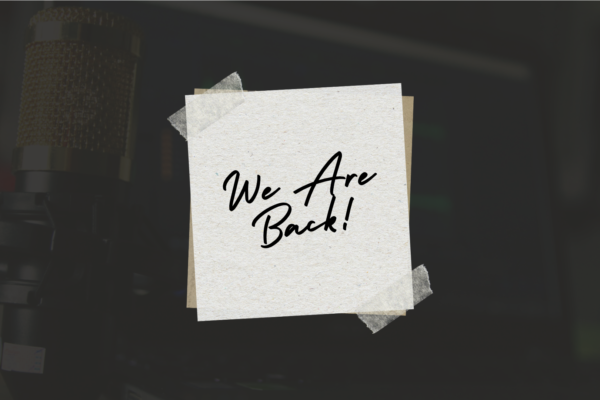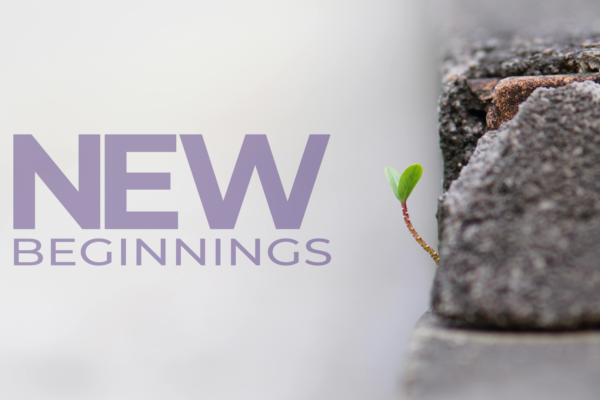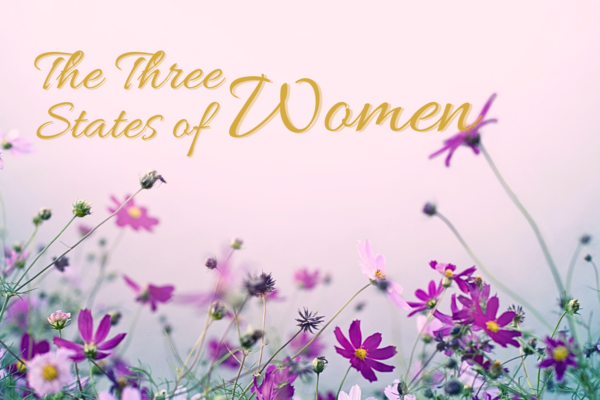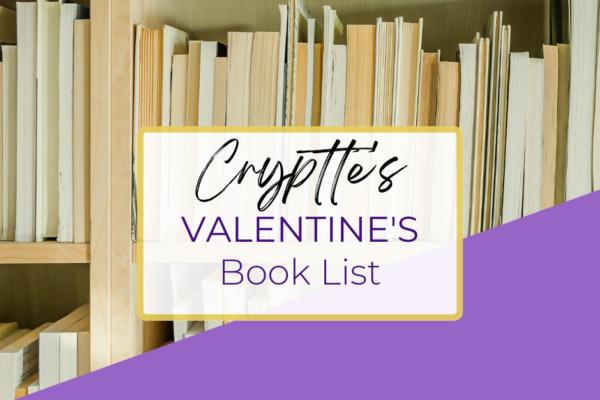Hauwa Shaffii Nuhu in conversation with Kemi Falodun
CONDUCTED IN MAY 2020
Lately, though, I’ve been thinking about desire in isolation, about how solitude shapes us.
kemi Falodun
Ayamba: Thank you for agreeing to talk to me for this series. The COVID-19 situation and the consequent lockdown have thrown a lot of lives and routines into disarray. In what ways has your personal daily routine changed? What things could you do pre- COVID-19 that you can no longer do?
Kemi Falodun: Well, my routine hasn’t changed much. Though it was about to, right before the lockdown. As a freelance writer, I still do what I was doing, but there’s less volume and less motion. I could go out, you know, to interview people and have meetings. I could go to the beach (Oh, I miss the feel of my feet sinking in sand). I could go to the pool. I could go to restaurants. I could hang out with friends and hug them.
But like most people, I’ve been at home. Ironically, I feel more present in my life. I think I know why, though I haven’t fully examined my feelings. I thought it was weird, this calmness, considering the uncertainty that comes with the pandemic is itself a stressor. That’s not to say I feel at home with this kind of uncertainty. I want this strange period to be over. We’re losing people and our livelihoods are being threatened. But in some regard, I’ve been at peace with myself. I have no control over the outbreak.
Ayamba: So, do you find that you are able to write/create more in these times?
Kemi: Oh I’ve been writing less. Been spending a chunk of my time on Netflix.
Ayamba: I think this is true for a lot of writers, despite the growing belief that this is the time when writers must get to work. Have you been doing any Corona-themed writing? Do you see yourself doing it anytime soon, or do you think this is one of those topics that need the clarity of time and distance?
Kemi: I understand it’s a difficult time for artists to create. Like I said, though I’m not particularly anxious, I’ve been lethargic a lot lately. I’ve only written two COVID-19-related pieces.
Literary and journalistic works often employ the same outlet – text. A journalist follows the news, pitches story ideas, and writes. There’s a deadline. However, for writers, I believe most of the work is done internally. Of course, we have to look around, listen, pay attention, gather materials, absorb. There’s also the looking within, of sitting still and letting the work be. It’s just how I see it. But of course, people’s creative processes are different. There are people who will have the urge to write something, and just sit and write it. It doesn’t work for me that way, I wish it did. I write in bits. I’ve never written a draft of anything at once.
Lately, though, I’ve been thinking about desire in isolation, about how solitude shapes us. My thoughts are still all over the place, and that’s okay. But they are there. The passage of time has its magic, I believe. I’ll wait.
Ayamba: I feel like we don’t talk enough about the lethargy and lack of inspiration this whole situation has triggered, especially for those of us whose creative process isn’t linear or orderly, who rely on the alignment of certain things like mood, or the weather, or even some unknown forces. (Lol.) For me, it has further thrown everything into disarray.
What e-magazines have you been reading lately that you think everyone should absolutely jump on?
Kemi: Understandably so. There’s so much fear in the world right now. Everyone’s just trying to stay alive.
No specific magazines. But I’ve been returning to short stories by African writers. I’ve also been reading some Longform on the New Yorker. Books, yes. I’m currently reading Angela’s Ashes by Frank McCourt, The Glass Castle by Jeannette Walls, and Nobody’s Perfect by Anthony Lane.
Ayamba: Angela’s Ashes is one of those books I always say I’ll read but weirdly never get round to reading. I’ll get to it soon, hopefully.
What books do you hope to tick off your to-read list during this time?
Kemi: I want to read Maaza Mengiste’s Beneath the Lion’s Gaze, and finish NeuroTribes: The Legacy of Autism and the Future of Neurodiversity by Steve Silberman. I’ve also been meaning to read The History of the Yorubas: From the Earliest Times to the Beginning of the British Protectorate by Samuel Johnson.
Ayamba: Whoa! That’s an unusual list for a writer. But then you are a journalist, so that makes sense. Which also reminds me to ask my last question: My first encounter with your writing was fiction (or was it nonfiction?) but certainly not journalism. Do you still do prose that is not journalistic? Or does that life belong in the past now?
Kemi: Oh, I do. I mean, my essay on Catapult isn’t journalistic. And, well, my profile of Beautiful Nubia is somewhere between essay and journalism. Though I doubt your first encounter with my work was fiction because I didn’t publish a short story outside my old blog. But we’ve known each other for some time, so it’s possible. Hopefully soon, I’ll publish fiction. You’ll see.
Regarding my writing, I think it’s too early to say something belongs in the past. There’s so much in the future, so much to do. I read wide because I want to be able to write anything I want to write, with excellence, clarity and compassionate attention.
Ayamba: I look forward to it.
Thank you so much for your time.
Kemi: Thank you too.
Kemi Falodun is a Nigerian writer interested in fiction, essays and literary journalism. Her work has been published in: Al Jazeera, Catapult, Electric Literature, Saraba Magazine, Africa is a Country, The Republic and elsewhere.
The interviewer, Hauwa Shaffii has her bio in the members’profile section.
